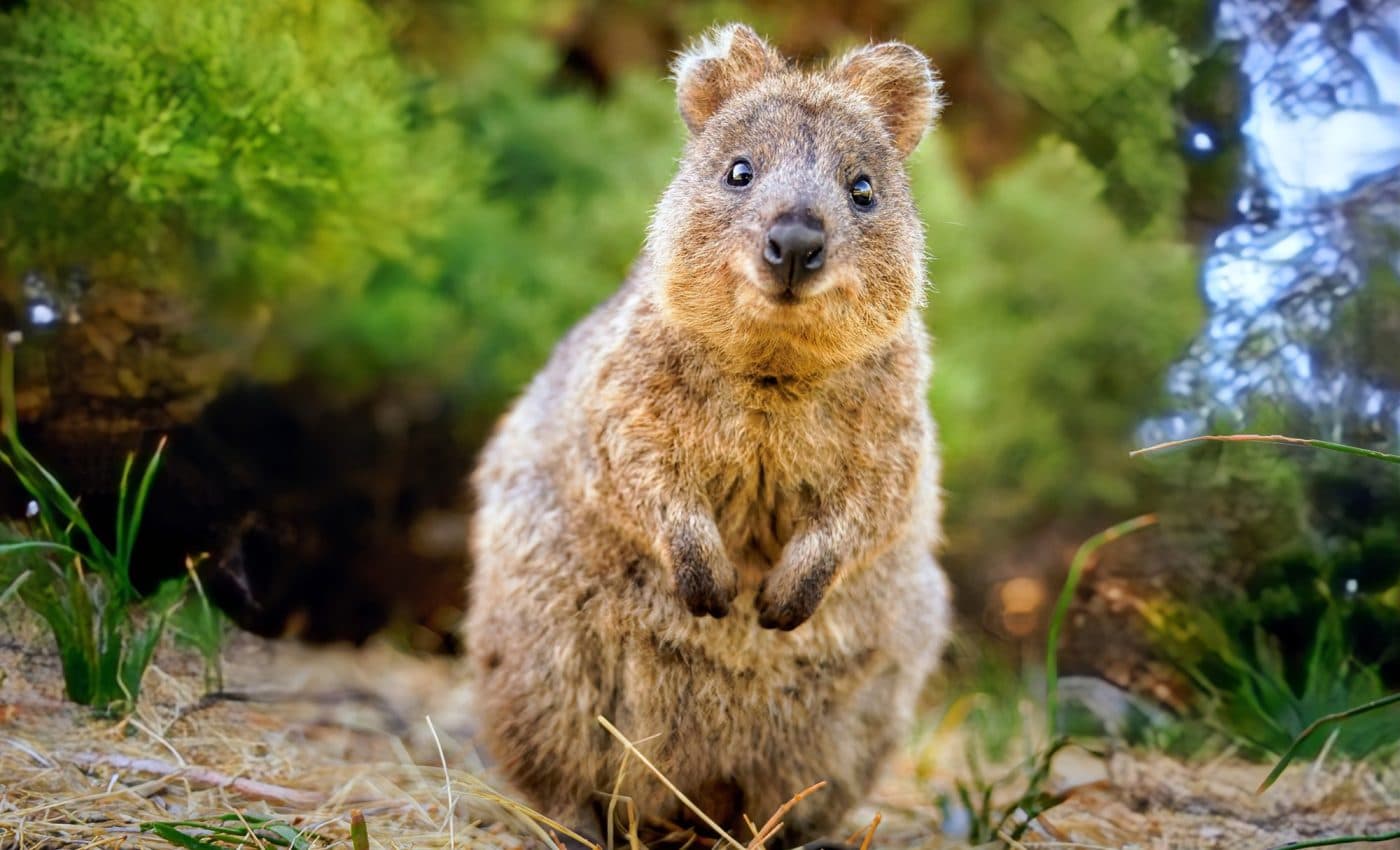Australia is famous for its unique and diverse wildlife but few animals are as important to the country’s ecological balance that’s why marsupial family is going to be siginificant for the nature. Marsupials are often called “ecosystem engineers” because of how much they help the environment through their foraging habits.

Their varied diet also helps many plant species survive and thrive. However, the number of these native marsupials is dropping, and their ecosystems are suffering. A team of top experts in ecology and evolution at Flinders University has decided to study this issue.
Dr. Rex Mitchell, a research associate in the College of Science and Engineering at Flinders University, said the first goal of the study was to understand how tough the foods are that these foragers eat.
This information is key to their survival in conservation areas, new reserves, and even in planning diets for those in captivity. Dr. Mitchell stressed the need to maintain the distinct populations and habitats of bettongs and potoroos to support biodiversity and healthy ecosystems in Australia.
The researchers conducted fieldwork in the New England region of NSW and the Simpson Desert in South Australia to measure the toughness of the food in the diets of bettongs and potoroos. They compared these findings with commercially available alternatives to find possible substitutes or additional food sources.
While understanding the dietary needs of marsupials is crucial, another big part of their conservation involves tackling habitat loss and predation. Urban expansion, farming, and climate change continue to invade the natural habitats of bettongs and potoroos, making it harder for these marsupials to survive. Additionally, introduced predators like foxes and feral cats are a serious threat to the survival of these small marsupials.
Leave a Reply